Sibling study bolsters role of common variants in autism
Children with autism are genetically more similar to one another than to a group of unaffected siblings.

Children with autism are genetically more similar to one another than to a group of unaffected siblings.
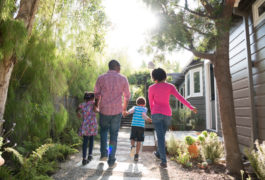
Scientists this week announced the release of nearly 7,000 whole-genome sequences from a collection of families that each have one child with autism.
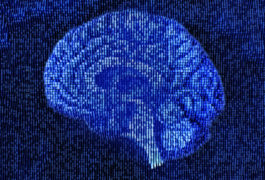
About 8 percent of non-inherited mutations in people with autism occur in only some of the body’s cells, according to a study of 20,000 people.
A Tampa clinic goes rogue with fecal transplants, autism’s genetic ancestry traces to our deep past, and the U.S. Supreme Court revives the travel ban.
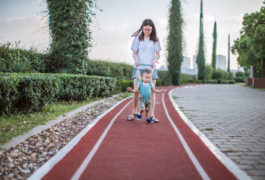
Children who carry certain rare mutations linked to autism learn to walk late — but have less severe social and language difficulties than do other children with the condition.
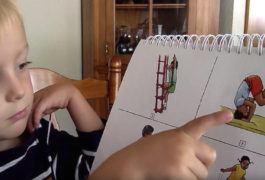
A picture-based test is a fast and flexible way to assess intelligence in large studies of people with autism.
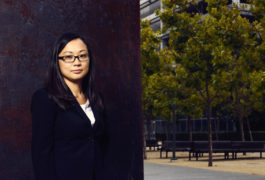
Parent, partner and professional — the need to fulfill all of these roles at once complicates Vanessa Bal’s life.
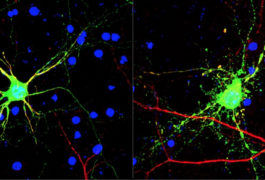
A gene that keeps protein production in check is mutated in some people with autism.
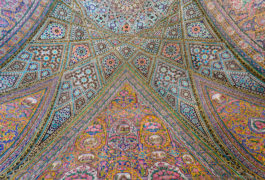
A type of mutation long thought to be harmless has turned out to play an unexpected role in autism.
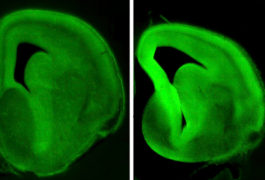
Mutations in certain newly evolved stretches of the genome may play a role in autism, although some experts are skeptical of this theory.